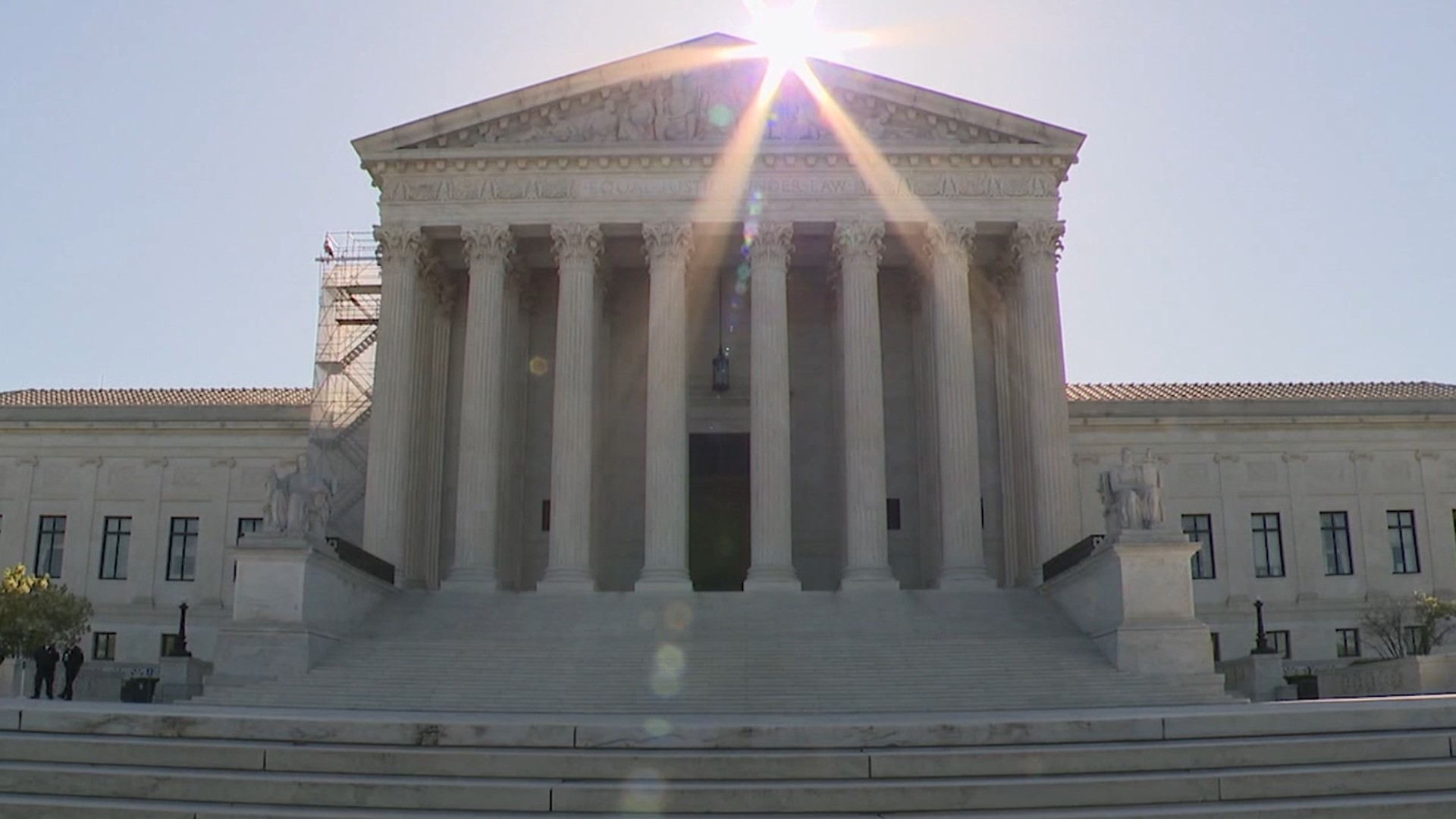DES MOINES, Iowa — After the Supreme Court ruled that President Joe Biden's proposal for student loan forgiveness was unconstitutional, borrowers in the Hawkeye State may have to pick up payments where they left off over three years ago.
According to Iowa College Aid, approximately 57% of Iowa college graduates graduate with student loan debt, averaging almost $25,800 per person.
Under Biden's plan, eligible people could have had at least $10,000 of student loan debt forgiven. For Pell Grant recipients, that number would rise to $20,000.
Iowa Attorney General Brenna Bird was one of six state attorneys general that signed onto the suit that the court decided on Friday, arguing that the president's plan to use the HEROES Act to waive student debt during a national emergency was an overstep of presidential power.
"The fundamental question in this case is to what extent may Congress delegate authority to others," said Brent Appel, former Iowa Supreme Court Justice and lecturer at Drake University Law School.
The court ultimately decided that student loan relief isn't a job for the president alone. In the majority decision, Chief Justice John Roberts wrote, "All this leads the court to conclude that the basic and consequential tradeoffs inherent in a mass debt cancellation program are ones that Congress would likely have intended for itself."
According to the White House, 26 million Americans applied for student loan relief, and 169,000 Iowans were accepted before the plan was paused.
Michael Mitchell, a Pell Grant recipient who's attending Drake University, said that losing out on the plan is a tough pill to swallow.
"I think it would have been huge for my family. $14,000 is something I didn't have to pay back in the future. That's a down payment for a house," Mitchell said.
Borrowers like Mitchell will have to start paying back their loans in October. Iowa College Aid estimates that someone paying off the state's average amount of debt over 10 years will pay around $270 a month to do so. That can be a heavy load for some, but there are options available to make it a bit more manageable.
"They can choose one of these income driven plans, and then set up payments that will be affordable for them," said Roberta Johnson, executive director of student financial aid at Iowa State University. "And for individuals who might be unemployed, they can request a deferment on their student loans."
If you need to set up one of those loan repayment plans, you can find out how to do that by going to studentaid.gov.

